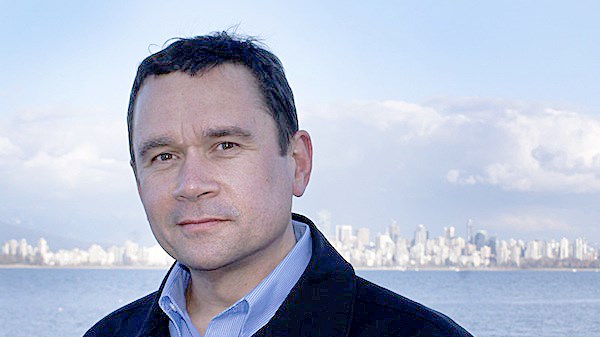When it comes to the future of transportation in Metro Vancouver, one can be forgiven for feeling a sense of gloom. As traffic gets worse and transit infrastructure struggles to meet growing demand, parochial politics seem to pervade every decision.
In recent months, the bridge tolls on the Port Mann and Golden Ears bridges were removed and highway traffic has surged; ride-hailing services like Uber have been put on indefinite hold and the pause button was pushed on a replacement for the George Massey tunnel.
At the nexus of the region’s transportation dysfunction is the Mayors’ Council — a roundtable of mayors from the tiny hamlets of Bowen Island, Anmore, and Lion’s Bay alongside the cities of Coquitlam, Surrey and Vancouver.
The Mayors’ Council has been promoting a “10-year plan” for regional transportation that still is not fully funded despite increased commitments by the federal and provincial governments. The council is calling for a share of B.C.’s carbon tax revenue to make up the gap. The plan features a replacement of the Pattullo Bridge, an extension of the SkyTrain Millennium Line down the Broadway corridor in Vancouver, and a light-rail network in Surrey.
Of the three, the project that seems the most politically driven (thanks to the support of the Mayors’ Council) is Surrey’s $2.6-billion LRT plan to place at-grade rail down on existing roadways.
In response, a Surrey activist group opposed to the LRT plan, SkyTrain for Surrey” (skytrainforsurrey.org), is championing another way to spend those billions. The group proposes a bus rapid transit (BRT) system for the city while extending the SkyTrain route to Langley.
BRT is shown to successfully integrate into existing transit systems at a much lower cost. When I reached out to experts who were familiar with the plan and the politics around the Surrey LRT project, not one of them could support it.
At the most recent meeting of the Mayors’ Council, Burnaby Mayor Derek Corrigan was more publicly skeptical of the 10-year plan. Although he has been a thorn in the side of the provincial government and TransLink on several occasions, he speaks with authority on the economics of major developments. During the meeting, Corrigan cautioned his fellow mayors on their plan for doing a bridge and two rapid transit extensions simultaneously, asserting it “flies in the face of Keynesian economics” to add major projects in an already superheated construction economy.
“I don’t believe that this organization [TransLink] even for a moment could ramp up and handle three projects that would probably tax the resources of the provincial government,” said Corrigan, adding there had not been any meaningful conversation at the Mayors’ Council on the implications of the proposal.
“What’s driving this is not good planning, it’s good politics,” he continued. “It’s the idea that Vancouver can’t be ahead of Surrey and Surrey can’t be ahead of Vancouver… All of these politics are driving us to expend far more of the public’s money than we should.
“I want to lay that out because I don’t want to, as a politician, not have raised those issues. You need to stop and think about what you’re undertaking before you go down a path that’s going to leave a legacy for future politicians that’s unsustainable.”
The reaction from the Mayors’ Council? Members’ silence spoke volumes.
Mike Klassen is principal and founder of TCG Public Affairs, a strategic communications and advocacy consultancy that works with government, non-profit and private sector clients, primarily focused on economic development.
[email protected] • @MikeKlassen



